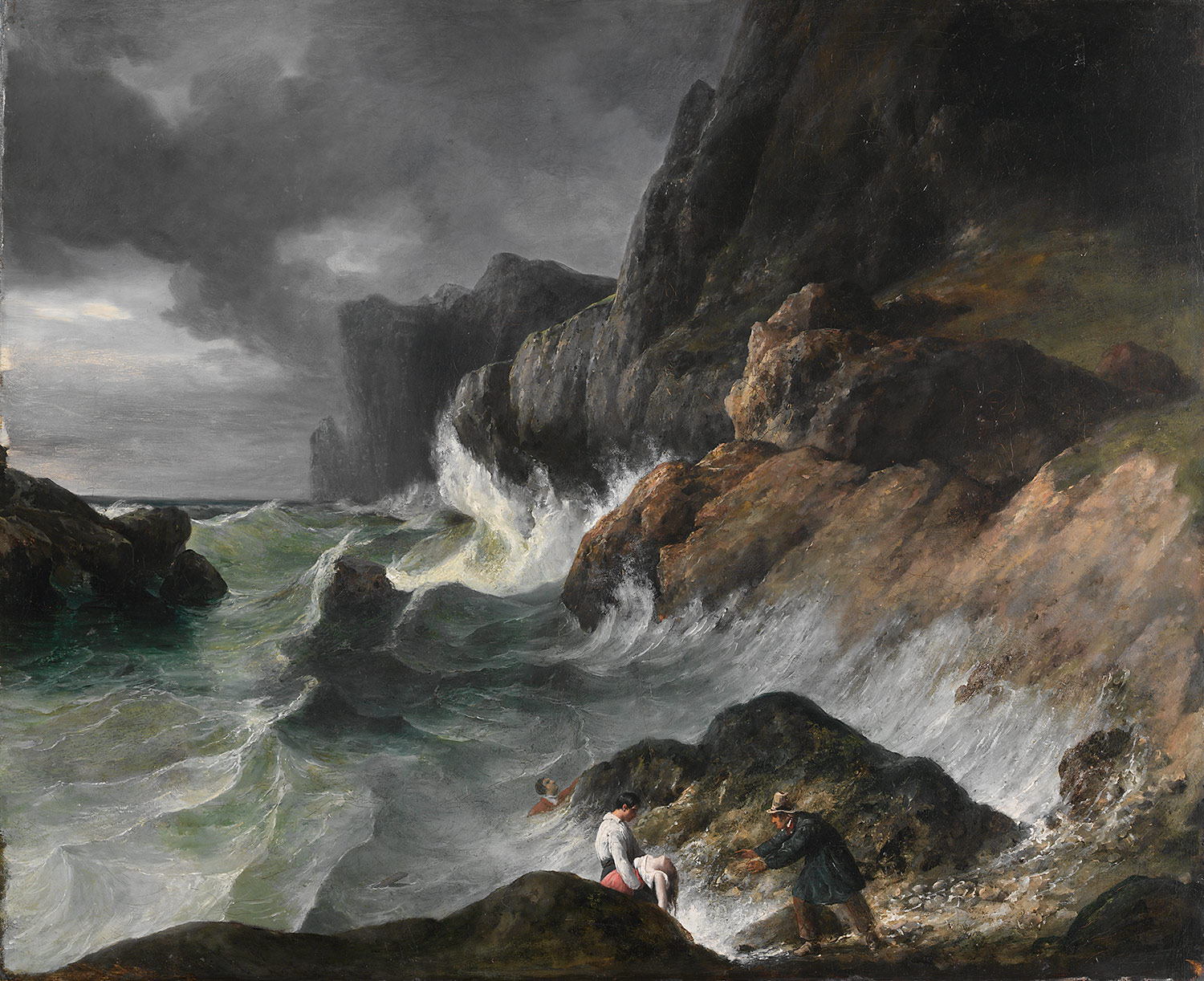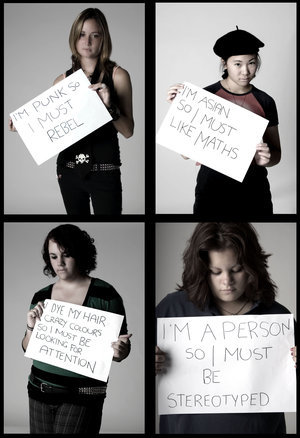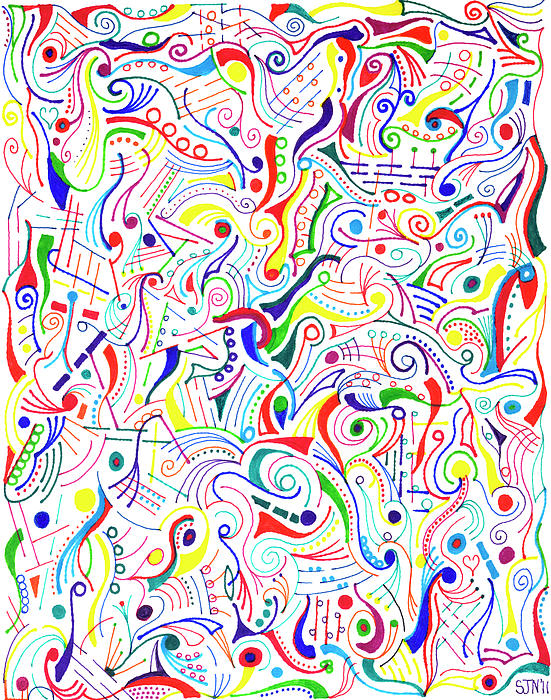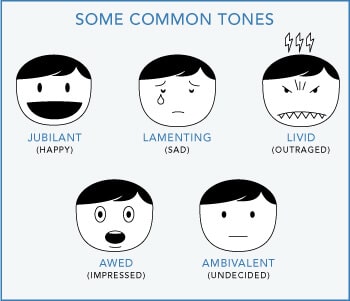2. Rising Action: plot build up, caused by conflict and complications, advancement toward climax.
3. Romanticism: movement in western culture begining in the eighteenth and pearking in the nineteenth century as a revolt against Classicism; imagination was valued over reason and fact.
Example: Jane Austen's Persuasion;Mansfield Park
Emily Bronte's Wuthering Height
4. Satire: ridicules or condemns the weakness and wrong doings of indivduals, groups, institutions, or humanity in general.
Example: "The city stopped washing its buses because they kept getting dirty again."
"We should hire illegal immigrants as teachers because that way we can pay them less."
5. Scansion: the analysis of verse in terms of meter.
6. Setting: the time and place in whcih events ina short story, novel, play, or narrative poem occur.
Example: A Tale Of Two Cities-London and Paris 1775-1790
background French Revolution
7. Simile: a figure of speech comparing two essentially unlike things through the use of a specific word of comparison.
8. Soliloquy: an extended speech, usually in a drama, delivered by a character alone on stage.
Example: "To be or not to be"--Hamlet; Shakespeare
"O conspiracy,
Sham' st thou to show thy dan'rous brow by night,
When evils are most free? O, then by day
Where wilt thou find a cavern dark enough
To mask thy monstrous visage? Seek none, conspiracy;
Hide it in smiles and affability:
For if thou path, thy native semblance on,
Not Erebus itself were dim enough
To hide thee from prevention."
--Brutus
9. Spiritual: a folk song, usually on a religious theme.
10. Speaker: a narrator, the one speaking.
Example: narrator
11. Stereotype: cliché; a simplified, standardized conception with a special meaning and appeal for members of a group; a formula story.
Example: "All teenagers are rebels."
"All children don't enjoy healthy food."
" Women take forever to do anything."
12. Stream of Consciousness: the style of writing that attempts to imitate the natural flow of a character's thoughts, feelings, reflections, memories, and mental images, as the character experiences them.
Example: "Such fools we all are, she thought, crossing Victoria Street. For Heaven only knows why one loves it so, how one sees it so, making it up, building it round one, tumbling it, creating it every moment afresh; but the veriest frumps, the most dejected of miseries sitting on doorsteps (drink their downfall) do the same; can't be dealt with, she felt positive, by Acts of Parliament for that very reason: they love life. In people's eyes, in the swing, tramp, trudge; in the bellow and the uproar; the carriages, motor cars, omnibuses, vans, sandwich men shuffling and swinging; brass bands; barrel organs; in the triumph and the jingle and the strange high singing of some aeroplane overhead was what she loved; life; London; this moment of June."
-Virginia Woolf, Mrs. Dalloway
13. Structure: the planned framework of a literary selection; its apparent organization.
14. Style: the manner of putting thoughts into words; a characteristic way of writing or speaking.
Example: Jane Austen--romantic; gothic; heroic
F.Scott Fitzgerald--imaginary sentences; american dream
15. Subordination: the couching of less important ideas in less important structures of language.
16. Surrealism: a style in literature and painting that stresses the subconscious or the nonrational aspects of man's existence characterized by the juxtaposition of the bizarre and the banal.
Example: Salvador Dali--The Persistence of Memory
17. Suspension of Disbelief: suspend not believing in order to enjoy it.
Example: Spider Man; Super Man
18. Symbol: something which stands for something else; yet has a meaning of its own.
Example: Flag is the symbol of the country.
Red-bloody; The Red Badge Of Courage-the tranformation(fail to success) of Henry Fleming and honor.
19. Synesthesia: the use of one sense to convey the experience of another sense.
Example: "I see the sound of the car."
"I catch the sound of rain."
20. Synecdoche: another form of name changing, in which a part stands for the whole.
Example: Wheels-Car
Thread-Clothes
Hand-Worker
21. Syntax: the arrangement and grammatical relations of words in a sentence.
22. Theme: main idea of the story; its message(s).
23. Thesis: a proposition for consideration, especially one to be discussed and proved or disaproved: the main idea.
24. Tone: the devices used to create the mood and atmosphere of a literary work; the author's perceived point of view.
Example: "Goddamn money. It always ends up making you blue as hell."
"Caltholics are always trying to find out if you're Catholic."--Catcher in the Rye:Bitter; Sacrastic; Tough
25. Tongue in Cheek: a type of humor in which the speaker feigns seriousness; a.k.a. "dry" or "dead pan"
3. Romanticism: movement in western culture begining in the eighteenth and pearking in the nineteenth century as a revolt against Classicism; imagination was valued over reason and fact.
Example: Jane Austen's Persuasion;Mansfield Park
Emily Bronte's Wuthering Height
4. Satire: ridicules or condemns the weakness and wrong doings of indivduals, groups, institutions, or humanity in general.
Example: "The city stopped washing its buses because they kept getting dirty again."
"We should hire illegal immigrants as teachers because that way we can pay them less."
5. Scansion: the analysis of verse in terms of meter.
6. Setting: the time and place in whcih events ina short story, novel, play, or narrative poem occur.
Example: A Tale Of Two Cities-London and Paris 1775-1790
background French Revolution
7. Simile: a figure of speech comparing two essentially unlike things through the use of a specific word of comparison.
Example: "My stomach is growling like a bear."
"You are as sweet as chocolate."
8. Soliloquy: an extended speech, usually in a drama, delivered by a character alone on stage.
Example: "To be or not to be"--Hamlet; Shakespeare
"O conspiracy,
Sham' st thou to show thy dan'rous brow by night,
When evils are most free? O, then by day
Where wilt thou find a cavern dark enough
To mask thy monstrous visage? Seek none, conspiracy;
Hide it in smiles and affability:
For if thou path, thy native semblance on,
Not Erebus itself were dim enough
To hide thee from prevention."
--Brutus
9. Spiritual: a folk song, usually on a religious theme.
10. Speaker: a narrator, the one speaking.
Example: narrator
11. Stereotype: cliché; a simplified, standardized conception with a special meaning and appeal for members of a group; a formula story.
Example: "All teenagers are rebels."
"All children don't enjoy healthy food."
" Women take forever to do anything."
12. Stream of Consciousness: the style of writing that attempts to imitate the natural flow of a character's thoughts, feelings, reflections, memories, and mental images, as the character experiences them.
Example: "Such fools we all are, she thought, crossing Victoria Street. For Heaven only knows why one loves it so, how one sees it so, making it up, building it round one, tumbling it, creating it every moment afresh; but the veriest frumps, the most dejected of miseries sitting on doorsteps (drink their downfall) do the same; can't be dealt with, she felt positive, by Acts of Parliament for that very reason: they love life. In people's eyes, in the swing, tramp, trudge; in the bellow and the uproar; the carriages, motor cars, omnibuses, vans, sandwich men shuffling and swinging; brass bands; barrel organs; in the triumph and the jingle and the strange high singing of some aeroplane overhead was what she loved; life; London; this moment of June."
-Virginia Woolf, Mrs. Dalloway
13. Structure: the planned framework of a literary selection; its apparent organization.
14. Style: the manner of putting thoughts into words; a characteristic way of writing or speaking.
Example: Jane Austen--romantic; gothic; heroic
F.Scott Fitzgerald--imaginary sentences; american dream
15. Subordination: the couching of less important ideas in less important structures of language.
Example: "Even though the broccoli was covered in cheddar cheese, Emily refused to eat it." (subordinate clause+main clause)
"Unless Kate finished her calculus hw, she will have to suffer during class tomorrow."
Example: Salvador Dali--The Persistence of Memory
17. Suspension of Disbelief: suspend not believing in order to enjoy it.
Example: Spider Man; Super Man
18. Symbol: something which stands for something else; yet has a meaning of its own.
Example: Flag is the symbol of the country.
Red-bloody; The Red Badge Of Courage-the tranformation(fail to success) of Henry Fleming and honor.
19. Synesthesia: the use of one sense to convey the experience of another sense.
Example: "I see the sound of the car."
"I catch the sound of rain."
20. Synecdoche: another form of name changing, in which a part stands for the whole.
Example: Wheels-Car
Thread-Clothes
Hand-Worker
21. Syntax: the arrangement and grammatical relations of words in a sentence.
22. Theme: main idea of the story; its message(s).
23. Thesis: a proposition for consideration, especially one to be discussed and proved or disaproved: the main idea.
24. Tone: the devices used to create the mood and atmosphere of a literary work; the author's perceived point of view.
Example: "Goddamn money. It always ends up making you blue as hell."
"Caltholics are always trying to find out if you're Catholic."--Catcher in the Rye:Bitter; Sacrastic; Tough
25. Tongue in Cheek: a type of humor in which the speaker feigns seriousness; a.k.a. "dry" or "dead pan"























No comments:
Post a Comment